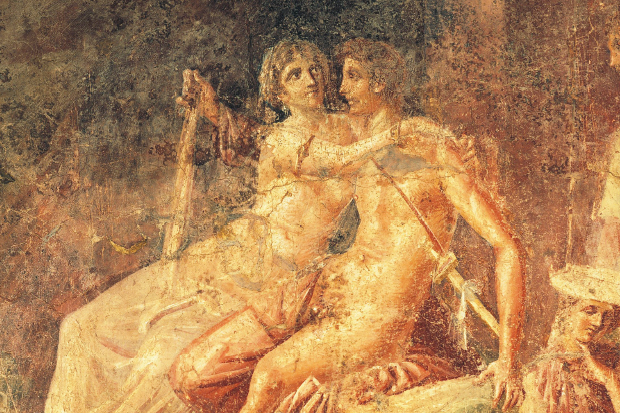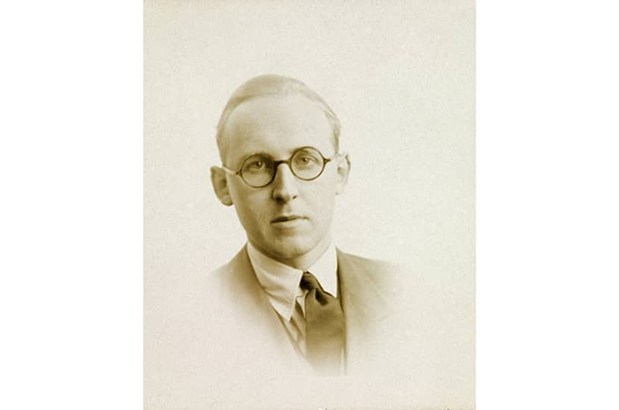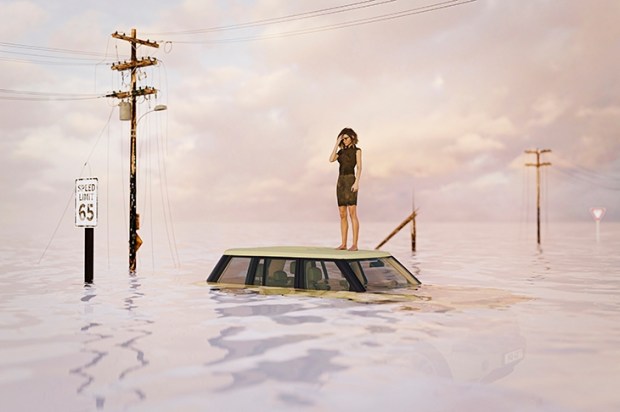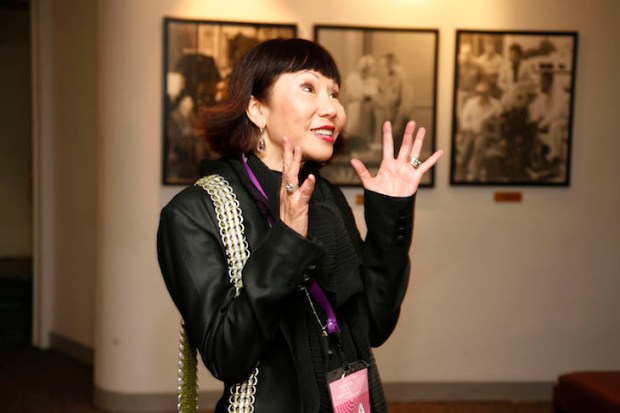There has been much debate recently about what exactly constitutes ‘literary’ fiction. If the term means beguiling, gorgeously crafted novels that are assured of their place alongside other writers, reacting to, and taking pleasure in discussing them; that are aware of the world’s events and their impact on humanity; that have delicately drawn characters; and that range with ease from intense emotions to moments of high drama; and that use careful, subtle imagery, then C. K. Stead’s The Necessary Angel is all this and more.
His previous novel, Risk, touched upon banking and Iraq, but was never overwhelmed by them. In this latest, Max, a lecturer from New Zealand living in Paris, occasionally reads the papers or listens to the news, and the summaries of the horrors encompassing the Charlie Hebdo attacks serve as a dark counterpoint for his own complications.
Max is estranged, in a very mild way, from his wife, a lacquered member of the Paris haute bourgeoisie, descended from someone who knew Flaubert (and who, crucially to the plot, inherited a valuable painting passed down in the family); but this separation means only that he has the whole bottom flat of their town house to himself. There are musings on the unsurpassable gulfs of wealth evident in the city, and Max’s own privileged life, and the impossibility of acting in a consistently liberal way.
The book is also about literary ambition, and those who win the Nobel Prize.Max is writing a book on V.S. Naipaul and Doris Lessing, while France’s winner, Patrick Modiano, is glanced at; and those who don’t, or haven’t yet, such as Martin Amis (whose Holocaust novel, The Zone of Interest, provides an intertextual touchstone), and, surprisingly, Georges Simenon, who would apparently sulk every year when the announcement was made and, yet again, it wasn’t him. The book is an act of literary criticism, its reliance on plot and character development putting it at odds with the French theorists and those who claim the author is dead.
Enter the necessary angel of the title: a mentally unstable English girl, writing a thesis on Edward Thomas, who falls for Max. She is a disruptor, making him get a tattoo, and forcing him to reconsider his life, her message being at once ambiguous and shocking — much like the novel itself. Stead is a fine writer, intelligent and assured, and The Necessary Angel’s stealthy crescendo will leave the reader gasping.
Got something to add? Join the discussion and comment below.
Get 10 issues for just $10
Subscribe to The Spectator Australia today for the next 10 magazine issues, plus full online access, for just $10.
You might disagree with half of it, but you’ll enjoy reading all of it. Try your first month for free, then just $2 a week for the remainder of your first year.














Comments
Don't miss out
Join the conversation with other Spectator Australia readers. Subscribe to leave a comment.
SUBSCRIBEAlready a subscriber? Log in